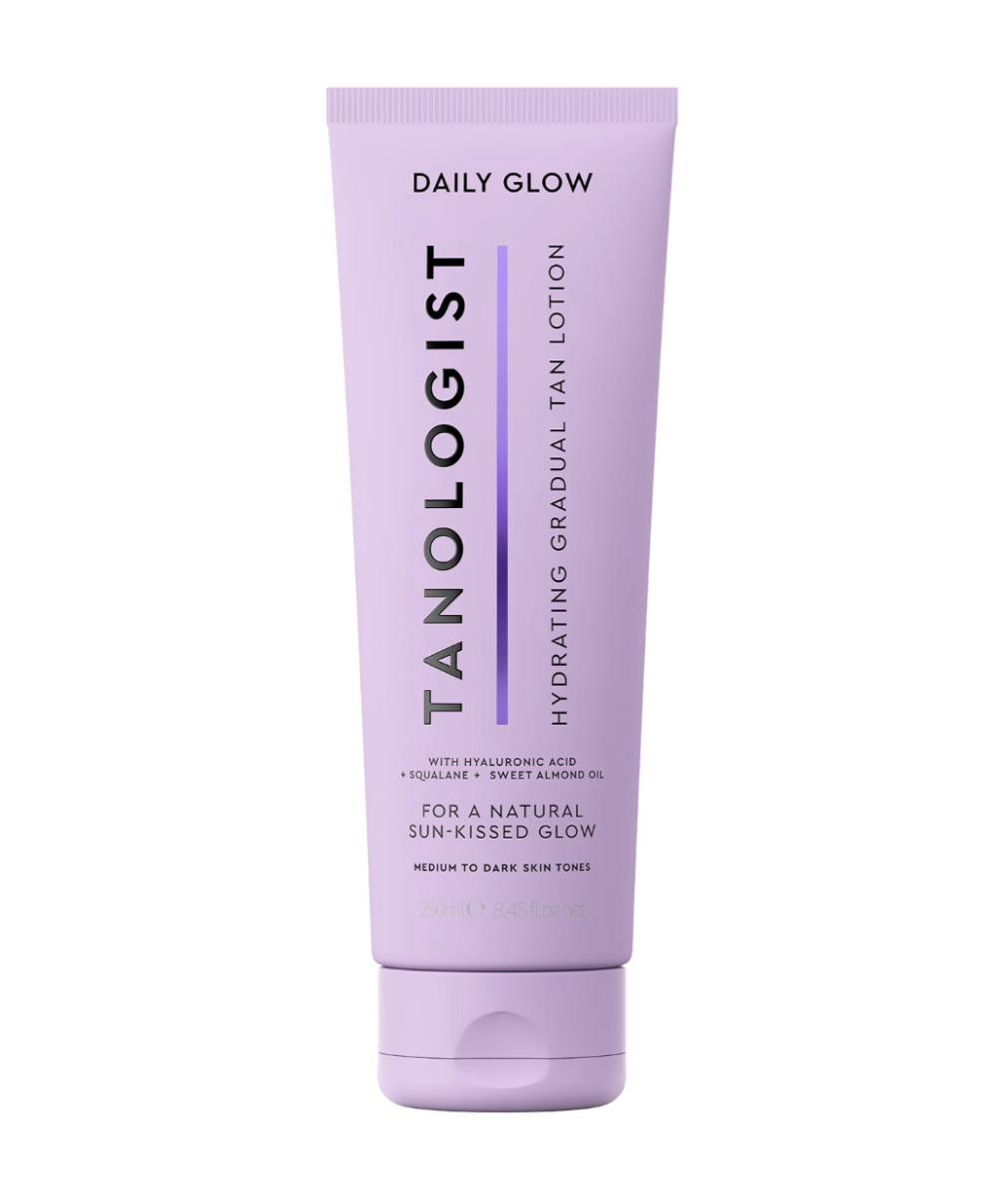Temptation Island” is challenge relationship boundaries, but it may also be crossing an ethical line.
“Temptation Island” is a gripping and often controversial reality series currently streaming on Netflix, hosted by Mark Walberg. The show centers around four couples who voluntarily separate and move into different villas, each filled with 12 attractive singles, all eager to form new connections. The couples are essentially placed in emotionally charged, high-stakes environments that test their loyalty, communication, and emotional resilience. As trust begins to waver and lines blur, the drama escalates, leaving viewers both captivated and uncomfortable.
Since its original premiere in 2001, Temptation Island has undergone multiple revivals and is now on its 9th season. The show has evolved with the times, but its core formula remains the same: place couples in emotionally volatile situations, introduce temptation in the form of attractive singles, and film every intimate, heart-wrenching moment for mass consumption.
Gemma Polino, a senior from Hadley, believes that while the premise may be wild, the participants are ultimately responsible for their choices.
“I think cheating is not ethical, but I think that going on the show is,” she says. “The show itself is ethical because people sign up themselves for it, so they know what they have signed up for. They probably just do it because they want to be on TV.”
For Gemma, personal accountability matters more than the circumstances the producers create. She suggests that the allure of fame and exposure might outweigh the emotional risks involved for many contestants.
Another student, who chose to remain anonymous, is more critical, especially when it comes to how the show manipulates romantic tension for the sake of viewer entertainment.
“I don’t think it’s ethical, ’cause it’s putting relationships under like stress just for the viewers’ entertainment,” he said. “But it’s very entertaining because, like, what couple would actually sign up for that? It doesn’t feel realistic, so that’s what makes it entertaining to me. The people are just like not morally good people, and you just know they’re going to fall for the temptation right when they’re introduced.”
His comments reflect a broader cultural question about why people participate in shows like “Temptation Island” and what that says about our values as an audience. Do we watch because we’re genuinely interested in the outcomes, or because we enjoy the spectacle of emotional chaos?
Whether it’s seen as an insightful exploration of romantic boundaries or a manipulative social experiment designed for drama, Temptation Island sits at a crossroads between entertainment and ethics. It’s a show that dares to ask what happens when you deliberately invite temptation—and whether doing so can ever be truly fair.




















